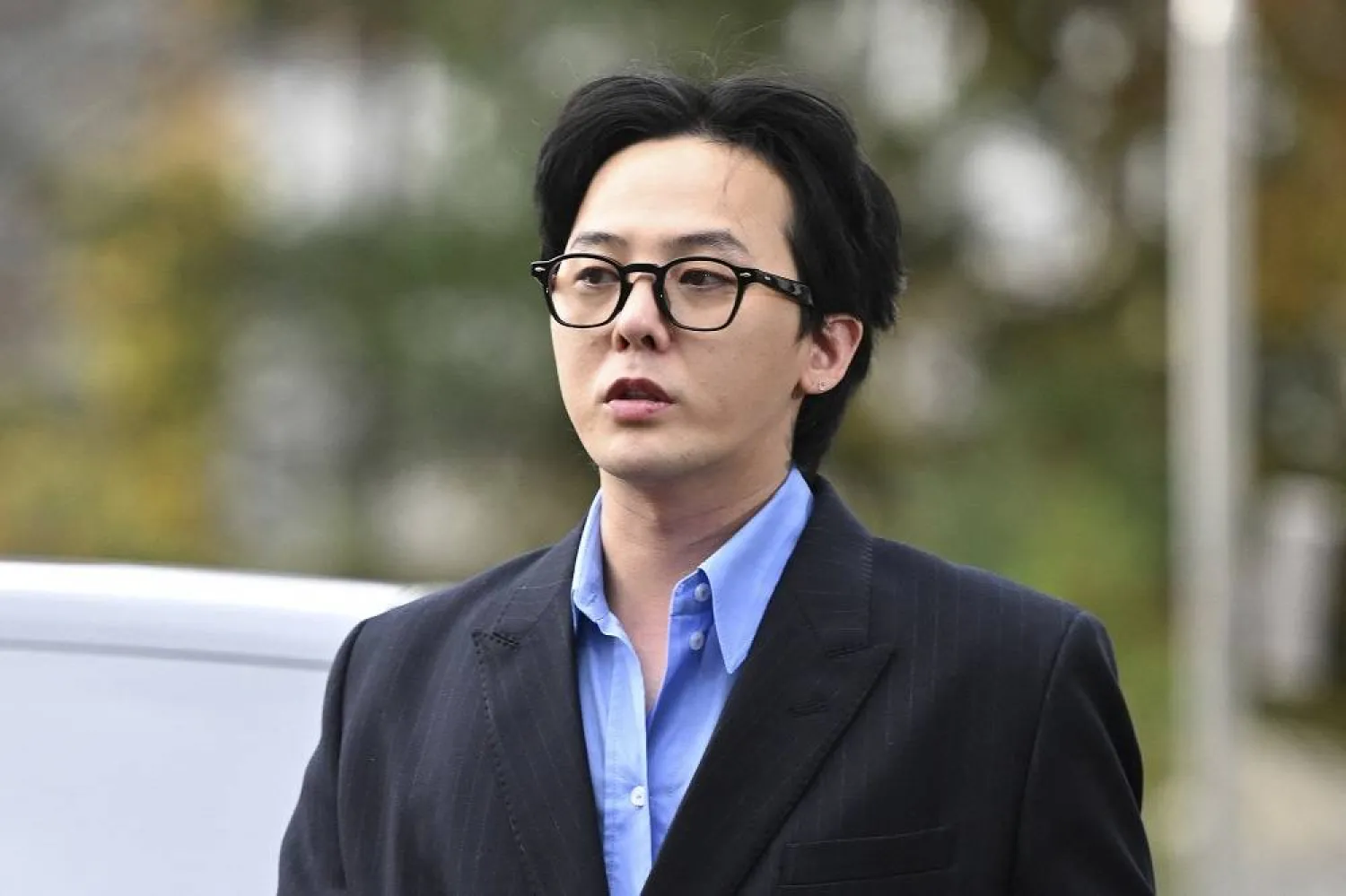The former frontman for the K-pop band BIGBANG, known as G-Dragon, appeared for police questioning on Monday over allegations of illegal drug use, the latest in a string of South Korean artists embroiled in high-profile narcotics cases.
The investigation against the singer and rapper, whose given name is Kwon Ji-yong, comes amid ongoing crackdown on illegal drugs by the government of conservative President Yoon Suk Yeol.
After the allegations in late October, shares of some K-pop agencies, including Kwon's former agent YG Entertainment , fell, though they have since rebounded.
Kwon, 35, stood briefly for the media before entering a police station in Incheon where the star of the Oscar-winning film "Parasite", Lee Sun-kyun, was also questioned over the weekend on a separate allegation of illegal drug use.
Kwon, dressed in a dark suit, denied any wrongdoing and said he had come to clear any suspicion against him.
"There is no truth to (the accusation of) illegal drug-related crime," he said when asked whether he abused illegal drugs.
Lee declined to answer questions about drug use as he left the police station on Saturday, only saying he answered all the questions asked by police to the best of his knowledge.
A series of arrests in recent months, including chaebol heirs and celebrities, on drug charges have prompted authorities to step up a crackdown on narcotics and customs inspections.
South Korea has tough drug laws, and crimes are typically punishable by at least six months in prison or up to 14 years for repeat offenders and dealers.
Social media and foreign travel have made illegal drugs much more accessible, drug rehab advocates say.
Kwon is not the first member of BIGBANG to face criminal charges.
In 2017, T.O.P., whose legal name is Choi Seung-hyun, received a suspended 10-month jail sentence for marijuana use, after he pleaded guilty and sought leniency to avoid a prison term.
Seungri, whose real name is Lee Seung-hyun, was convicted in 2021 of collusion in a tax evasion, bribery and prostitution scheme and served an 18-month prison sentence.
BIGBANG dominated the K-pop scene after their debut in 2006. Kwon and four other former and current members have pursued solo careers.









